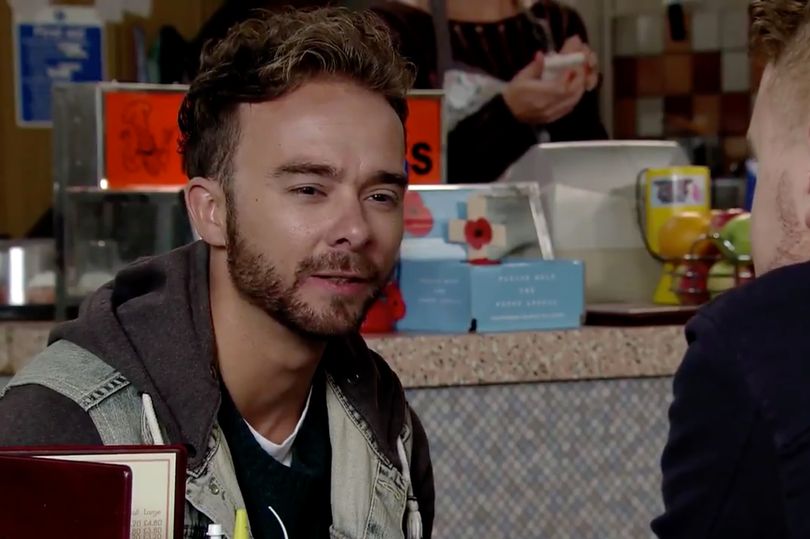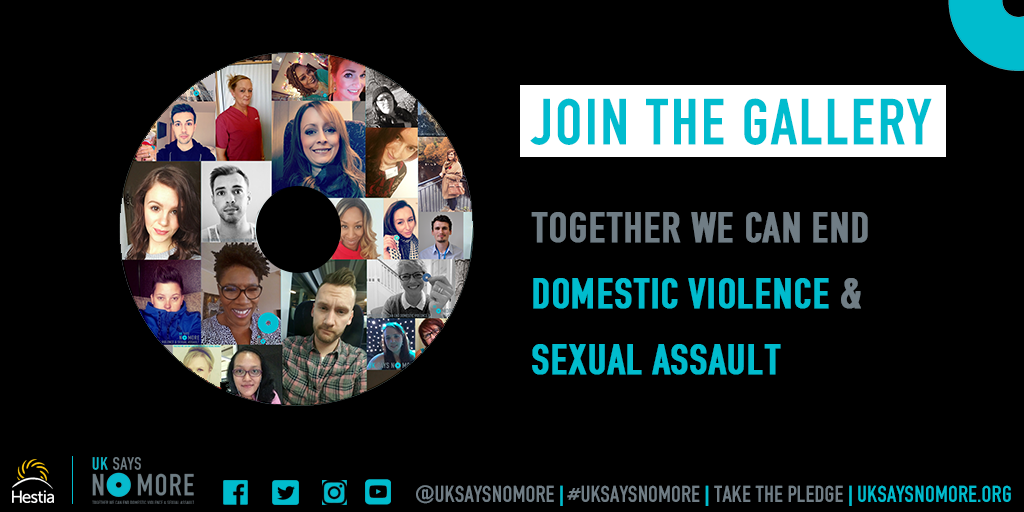Mainstream TV has the power to encourage survivors of violence to seek support
If the tumultuous past year has taught us anything, it’s that in order to begin to fix an issue, we must first bring it to the attention of the mainstream. Evident in the case of the #MeToo campaign, once a subject often regarded as taboo is bought out from under the carpet and a discussion initiated, we can begin to work together on creating a solution to the problem.
As we’ve learned, social media has a major role to play in doing this. When our words, experiences and stories are put together, we can become a real catalyst for change. Together, we have the ability to offer support and solidarity with those affected by domestic violence and sexual assault, as well as condemn those who have perpetrated such abuse and offer a means for them to improve their conduct.
Another hub that holds substantial power in creating a change sits in your front room: the TV. Or, on a more expansive scale, entertainment services as a whole. Take The Archers on BBC Radio 4, for example. In 2016, two years ago (yep, really!), the storyline in which Rob Titchener had been emotionally abusing his pregnant wife Helen came to a dramatic head, and is since regarded as one of the show’s most effective plots to date.
The ‘Archers Effect’ saw a rise in the number of calls to the National Domestic Abuse Helpline and sparked a national conversation across social media. In addition, the storyline galvanised people into taking action, with a GoFundMe page set up for domestic violence charity Refuge in Helen Titchener’s name receiving donations of almost £175,000 to date.
Similarly, back in 2012 the nation was introduced to a domestic violence scenario often underrepresented by the media – one with a male victim. Coronation Street favourite Tyrone Dobbs was the victim of both psychological and physical abuse at the hands of his partner, police officer Kirsty Soames. Whilst some viewers may have been under the impression that domestic violence exclusively affects women, major story arcs aired on prime time TV such as this one work to educate and inform the masses.
This week, the BBC reported an increase of more than 50% in calls to their Action Line number and visits to its website in comparison to the year prior. The Action Line received a combined 431,000 website visits and calls in 2017 compared with 280,000 in 2016, whilst a startling 127,000 of those reaching out this year were doing so for sexual abuse support. Whilst the #MeToo movement and sexual misconduct revelations will have undoubtedly encouraged some sexual violence survivors to come forward, the BBC has also noted ‘hard-hitting storylines’ in BBC dramas Three Girls and Apple Tree Yard as a reason behind the increased interaction with the Action Line.
Three Girls, based on a true story surrounding sexual abuse in Rochdale and Apple Tree Yard, which featured a rape storyline, are two more examples of how representations of violence across multimedia channels can have an incredible effect in encouraging survivors to come forward.
In addition, other prime time television programmes such as Eastenders and Holby City have worked to focus on other, more inconspicuous areas of domestic violence and sexual assault, with Eastenders tackling a historic rape case (Kathy Beale being attacked by the irredeemable James Willmott-Brown in the late 1980s) and hospital drama Holby City portraying domestic violence in an LGBTQ+ relationship.
Often is the case that unless you work within the sector, or have unfortunately experienced domestic violence or sexual assault first-hand, you may not be educationally equipped with the resources to have heard about, let alone understand their varying forms or true impacts.
Therefore, it’s an utter necessity that these social issues continue to receive fair and just portrayal across mainstream media and contemporary culture. With television being one of the most prominent ways that us Brits like to spend our evenings, it seems to me to be the most obvious and most effective way to reach those who will otherwise be unaware. Or, on the other end of the scale, there will be those who will be most aware having dealt with these issues personally, who may be coaxed into seeking support following on from such storylines.
As we enter this new year and the fight against domestic violence and sexual assault continues, we must call on the producers and creators of television programmes, radio shows, films and documentaries to stand aside us and create vital exposure of these issues.

Coronation Street’s David Platt will feature in an upcoming male rape storyline in 2018. Picture: ITV
It’s a positive start to see that popular soaps will be paving the way to change – Coronation Street will tacle the difficult subject of male rape later this year, whilst Hollyoaks has a child-parent domestic violence plot lined up, too. Issues that have such a detrimental effect on the lives of thousands of people must not be seen as taboo. We must work together to thrust them into the spotlight. #TogetherWeCan
UK SAYS NO MORE is a national campaign to raise awareness to end domestic violence and sexual assault. The campaign is a partnership between London-based charity Hestia and the NO MORE campaign in the United States. We currently work with over 120 partners across the UK to share information and resources around domestic violence and sexual assault, with the intention of galvanizing individuals and organisations into taking action, dispelling myths and misconceptions and to help us start a national conversation. If you’re interested in working with UK SAYS NO MORE, please contact Lyndsey Dearlove, Violence Against Women and Girls Partnership Manager, at [email protected].





